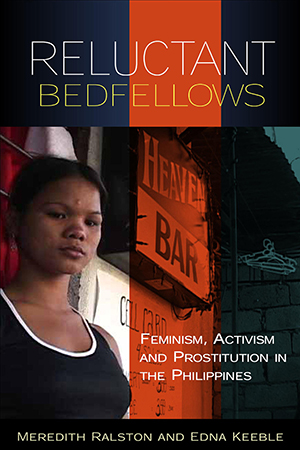BOOKS
Did the United Nations successfully help to build a just, peaceful state and society in postconflict East Timor? Has transitional justice satisfied local demands for accountability and/or More >
Rahtz provides an even-handed and comprehensive discussion of the use of force in law enforcement. More >
This practical and clearly written manual explains the advantages and the “how-to” of community policing. Topics include Community-Oriented Policing (COP) vs. traditional police More >
Reflected almost daily in headlines, the enormous rift between the police and the communities they serve—especially African American communities—remains one of the major More >
Mass killings. Gang violence. Street crimes. Suicides. Accidental shootings. The United States is enduring a literal epidemic of gun violence. Howard Rahtz, drawing on decades of experience More >
Farhang Rajaee provides a fresh and critical inquiry into the nature of globalization. Rajaee's staring point is the combination of the fall of the bipolar world system, the advent of More >
What makes a national community out of a state? Addressing this fundamental question, Rajagopalan studies national integration from the perspective of three South Asian More >
Mila works at Heaven, a little bar on "blowjob alley" in Angeles city, the Philippines. Once the site of the United States Clark Air Force Base, the city is now one of the busiest More >
This book outlines key facets of the authors' five year development project on sex tourism and prostitution in the Philippines, and is a powerful reflection on the raging debates taking More >
Beginning with Mikhail Gorbachev's December 1988 announcement that Moscow intended to unilaterally reduce its conventional armed forces, the spotlight on arms control has turned away More >



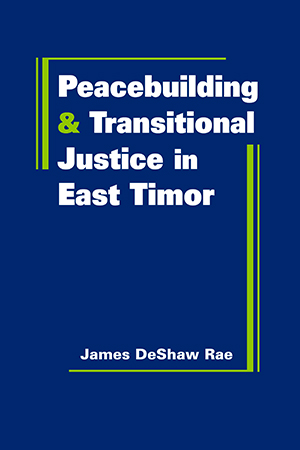
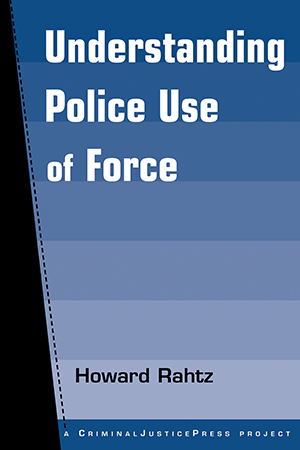
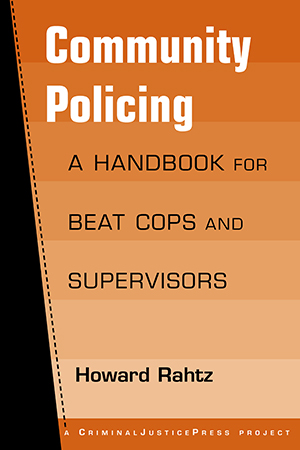
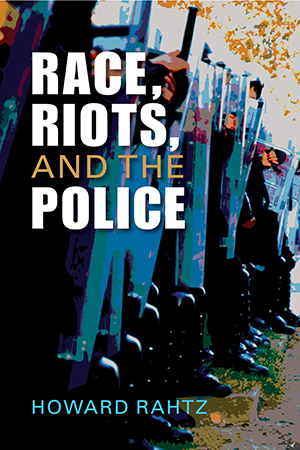

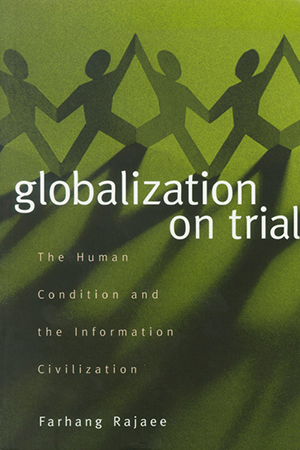
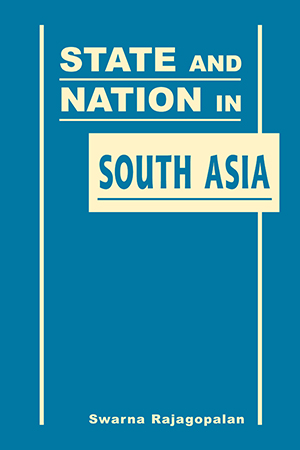
![Hope in Heaven [a DVD directed by Meredith Ralston and narrated by Kiefer Sutherland]](/uploads/67115ed0007d2.jpg)
